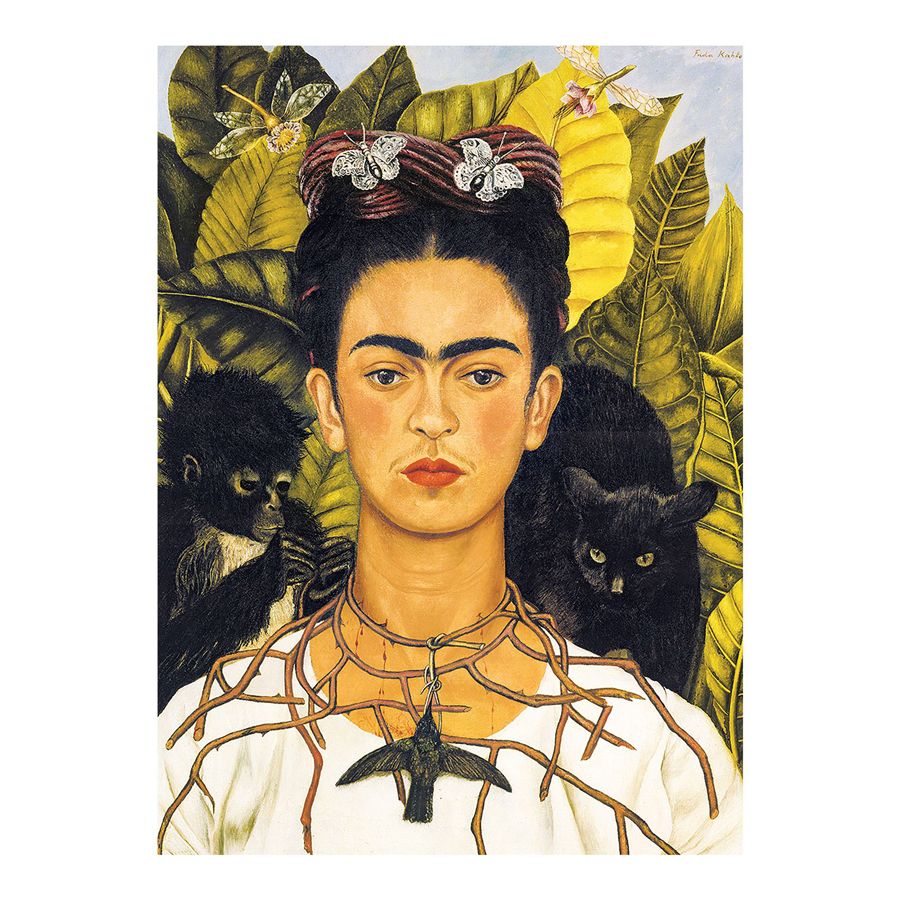
This course is about the origins and development of the modern Mexican nation. Although we will begin with Mexico’s independence from Spain in 1821, the bulk of our time will be spent covering the late nineteenth century up until the present economic and political crisis. The wide range of books and articles is designed to provide a broad view of the complexities that make up Mexican society. The course roughly breaks down into three thematic and chronological pieces.
Part I- Independence and Revolution (1821-1940), explains how the Mexican State consolidated its rule and tried to foster a sense of national identity. We will focus on the crucial 34-year era of “peace and stability” under Porfirio Díaz, as well as the bloody and interminable Revolution (1910-40) that toppled his regime.
Part II- Identity and Cultural Politics takes us back to the pre-Columbian past and up to the present to ask whether there is a Mexican “essence,” and if so, what is it. We will explore post-WWII popular culture in Mexico through an examination of indigenismo, food, film, music, and political violence.
Part III- Neoliberalism, Rebellion and Political Crisis (1982- today) will investigate the period when the debt crisis, neoliberal policies, and economic crisis have fundamentally restructured Mexican society and led to the disintegration of the “old” PRI. Finally, we will end with a survey of the political scandals and armed rebellions that have rocked Mexico and led to the decline of the PRI and the destruction wrought by the Narco War.
Part I- Independence and Revolution (1821-1940), explains how the Mexican State consolidated its rule and tried to foster a sense of national identity. We will focus on the crucial 34-year era of “peace and stability” under Porfirio Díaz, as well as the bloody and interminable Revolution (1910-40) that toppled his regime.
Part II- Identity and Cultural Politics takes us back to the pre-Columbian past and up to the present to ask whether there is a Mexican “essence,” and if so, what is it. We will explore post-WWII popular culture in Mexico through an examination of indigenismo, food, film, music, and political violence.
Part III- Neoliberalism, Rebellion and Political Crisis (1982- today) will investigate the period when the debt crisis, neoliberal policies, and economic crisis have fundamentally restructured Mexican society and led to the disintegration of the “old” PRI. Finally, we will end with a survey of the political scandals and armed rebellions that have rocked Mexico and led to the decline of the PRI and the destruction wrought by the Narco War.
- Teacher: Elliott Young